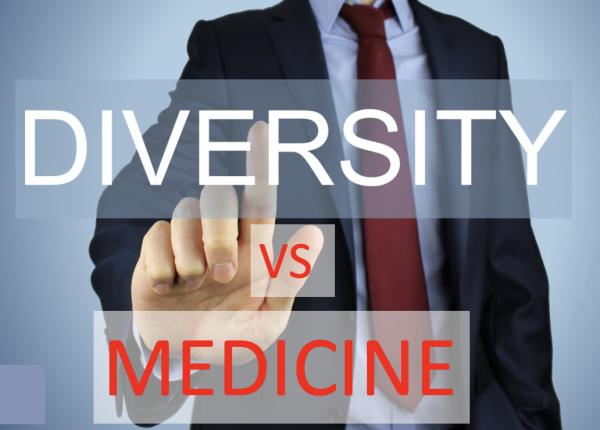On March 19, Representative Greg Murphy, (R., N.C.), a medical doctor, introduced the Embracing anti-Discrimination, Unbiased Curricula, and Advancing Truth in Education (EDUCATE) Act. The bill would cut off federal funding for medical schools that force students and faculty to adopt specific beliefs, take loyalty oaths, or discriminate against students or patients by implementing diversity, equity, and inclusion (DEI) classes in their curricula.
Contemporary DEI is undergirded by a divisive and illiberal ideology known, generally, as critical social justice. This form of scholarly activism rests on several tenets that ultimately denote the idea that Western civilization is systemically racist and that society can be split into two groups: the oppressors (i.e., white people) and the oppressed (non-white people). This ideology, which many have called “cultural Marxism,” blames all of society’s ills on “whiteness,” a veiled term for capitalism and tenets of classical liberalism. It values group consciousness over individual sovereignty, lived experience over the scientific method, and cancelation over civil discourse.
Can such an ideology coexist with science-driven medical education? As one may glean from these tenets of anti-racist education, which represent the pedagogical application of critical social justice, the answer is a clear “No.” In an essay juxtaposing “liberal” social justice and critical social justice, Michael Mills, co-founder of the Society for Open Inquiry in Behavioral Science, explained, “When social justice comes up for discussion, the first question that should be posed is: ‘What type of social justice are you referring to — liberal or critical?’” Sadly, the DEI we see in medical schools and beyond aligns with the latter.
#Reprinted with permission of the National Review. The full article can be read here.




